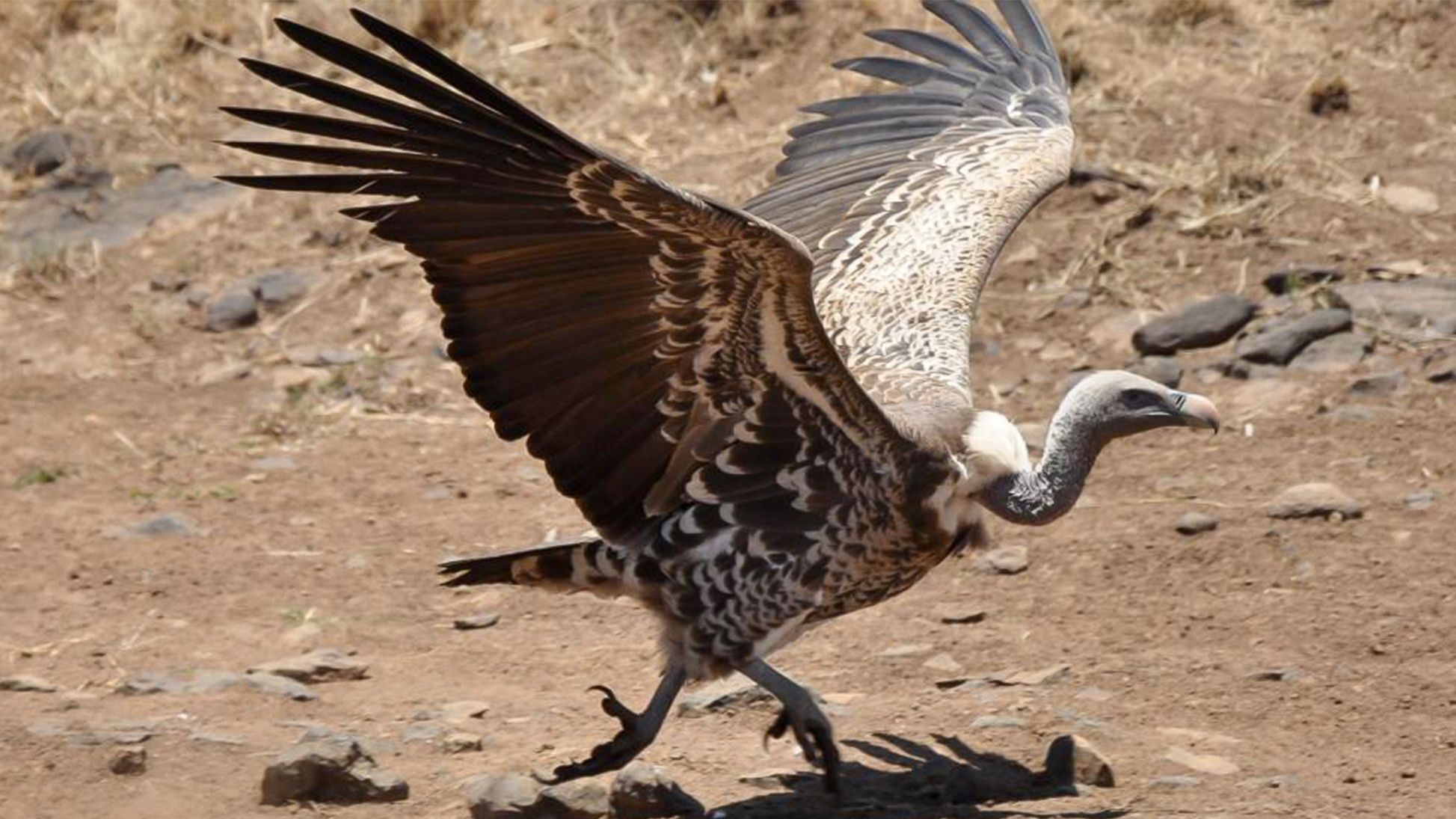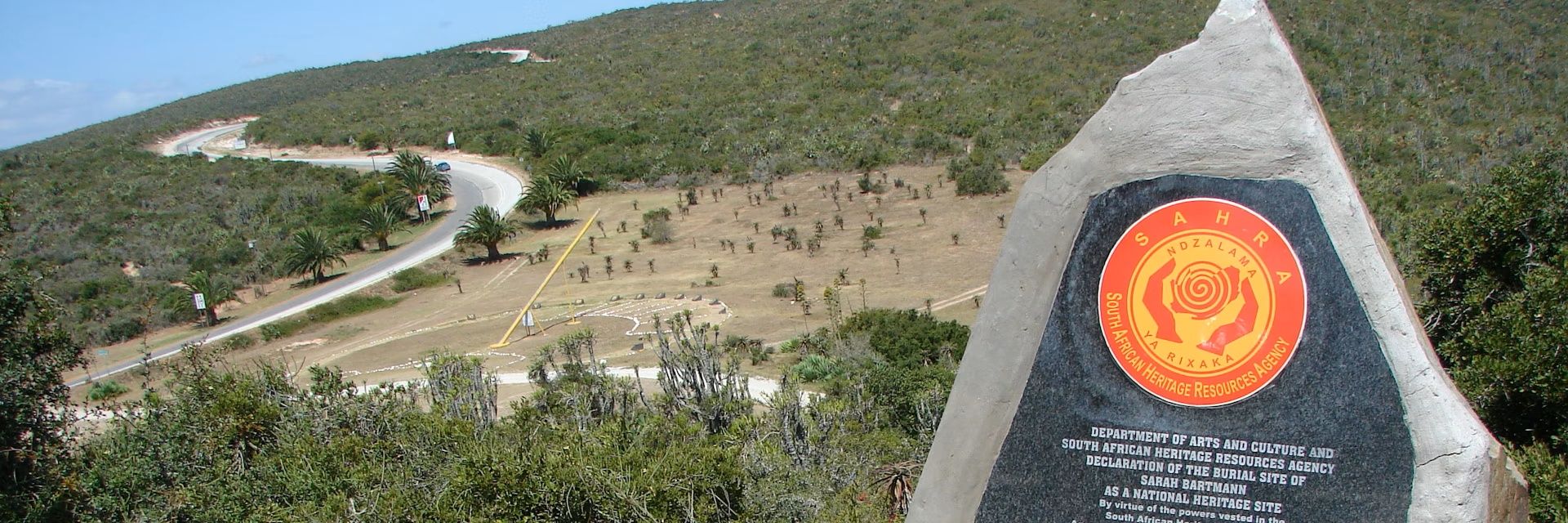Vultures are Africa’s invisible ecosystem protectors, cleaning up the countryside, preventing disease and helping attract tourists. With six species critically endangered, their survival hangs in the balance. A new report on their financial contribution may help save them.

Bonface Orucho, bird story agency
Vultures are regularly depicted in the media as ugly and menacing, benefitting from the death of other creatures. They are often reviled. However, a new report confirms that vultures are not only vital to the health of Africa's ecosystem but also of considerable benefit to the economy.
The report by the global conservation organisation, BirdLife International, shows that vultures provide a wide range of ecosystem services, from waste disposal to disease control. Their conservation is essential to sustainability. What is more, they were found to contribute hundreds of millions of dollars annually to the economies of three countries: Botswana, Zambia and Zimbabwe, where the study was conducted. If the amount was calculated across their full territory, their economic contribution would be substantial.
According to Alphonce Ocholla, a technical director at the Kenya Birds of Prey Trust, who was not involved in the study, "Vultures are nature’s frontline defenders against disease outbreaks."
"Their ability to quickly and efficiently dispose of carcasses prevents the spread of deadly infections like anthrax, rabies and botulism. Without them, we would see an alarming rise in disease transmission, affecting both wildlife and human populations," Ocholla explained.
Their presence also attracts tourists, who contribute to the local economy. Their presence in Botswana, Zambia and Zimbabwe alone is estimated to contribute over US$250 million per year.
“Vultures provide ecosystem services valued at US$251.83 million per year. Of that amount, US$18.16 million is attributed to Botswana, US$92.61 million to Zambia, and US$141.07 million to Zimbabwe,” the authors of the report outlined.
According to Mary Malasa, the programme manager at BirdWatch Zambia, the report functions both as a warning and as a way of raising awareness of the key role that vultures play.
“This valuation will serve as a tool not only to raise awareness but also to ensure that the role of vultures in the ecosystem is appreciated. Quantifying vultures’ role as nature’s cleanup strengthens the case for their conservation.”
According to the report, the sanitation and pest control services that vultures provide are valued at US$93 million per year in the three study countries.
The welfare loss as a consequence of not taking action to conserve vultures is equivalent to approximately US$47 million per year. On the other hand, the welfare gains from taking policy action to conserve, manage and protect vultures are US$30 million per year.
However, despite their ecological and economic relevance, vultures continue to face conservation threats, especially in the southern Africa region.
The report notes that despite the continent hosting 11 vulture species, 6 are listed as either endangered or critically endangered on the IUCN Red List. Over the years, some vulture species have been experiencing a decline of between 80% and 97%.
“The threats pushing vultures to the edge of the precipice are poisoning, belief-based use, electrocutions and collisions, and direct persecution.”

The southern Africa region hosts 5 species that are listed as either endangered or critically endangered, and 2 species that are listed as vulnerable.
In 2019 alone, over 500 vultures were poisoned in Botswana, highlighting the urgent need for conservation efforts.
However, the authors determined progress in communities’ perceptions regarding their willingness to pay (WTP) for the continued existence of vultures.
This suggests local appreciation for the ecological roles that vultures play, from disease control to waste cleanup.
The majority of respondents in Botswana (71%) and Zimbabwe (81%) expressed willingness to contribute financially to vulture conservation, with an average pledge of over US$7 per month.
Motivations centred on the intrinsic value of conserving all species (“existence value”) and recognition of vultures’ ecological role in sanitation and pest control through carcass disposal.
For those unwilling to contribute, the primary barrier was existing participation in conservation efforts.
According to the authors of the report, extrapolating these values across urban households, the estimated annual existence and bequest value for vulture conservation in these countries exceeds US$43 million.
Zimbabwe’s higher contribution stems from greater household participation and stronger emphasis on non-use values like existence and bequest motivations.
In contrast to African respondents’ willingness to pay for the conservation of vultures, only 41% of international respondents, primarily from Europe, were willing to contribute financially, though their average pledge was slightly higher at US$9 per month.
“The positive perceptions and willingness to pay among the communities in Africa reflect an understanding of the ecological and cultural importance of vultures. It also underscores the potential for public engagement in conservation efforts.”
The report outlines that there are a number of things that can be done to conserve vultures. These include protecting their habitats, reducing poisoning, and raising awareness of their importance.
“By working together, we can ensure that these amazing birds continue to play their vital role in Africa's economy and ecosystem,” the report concluded.
bird story agency





